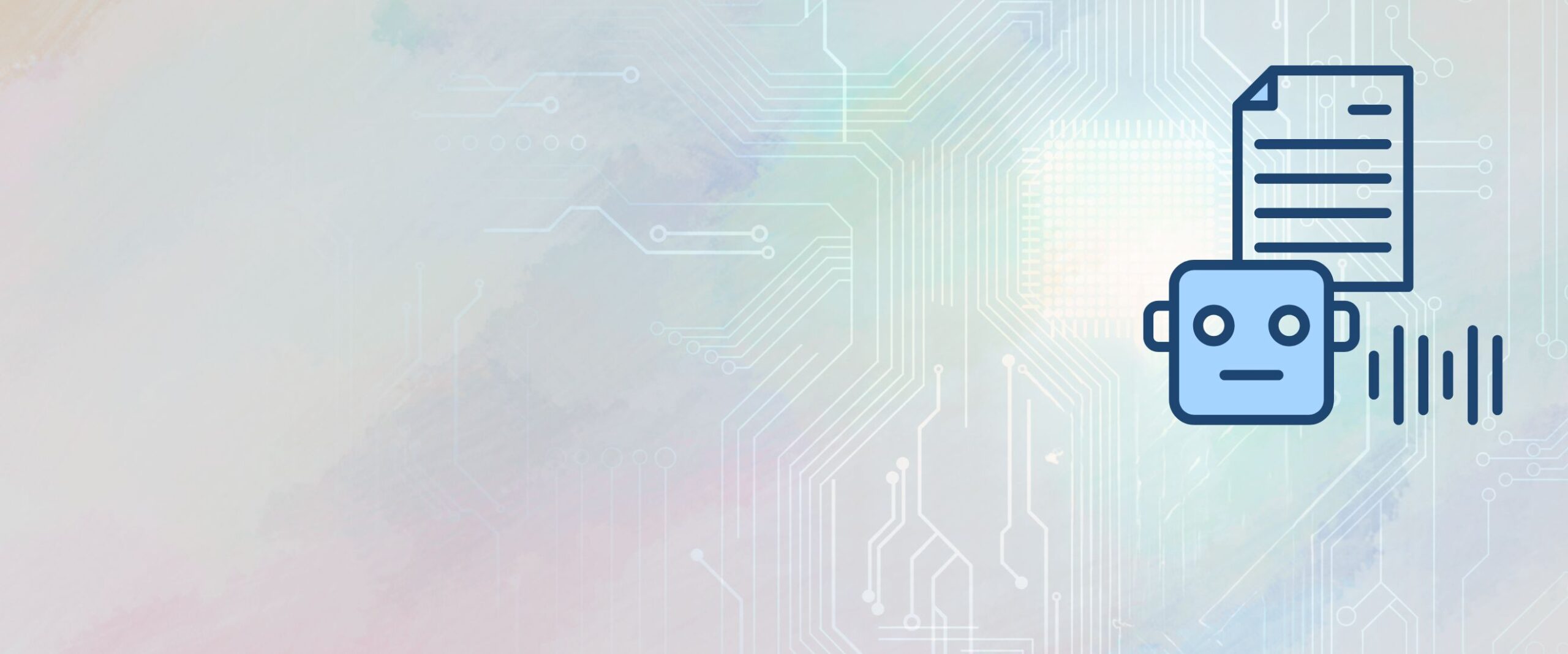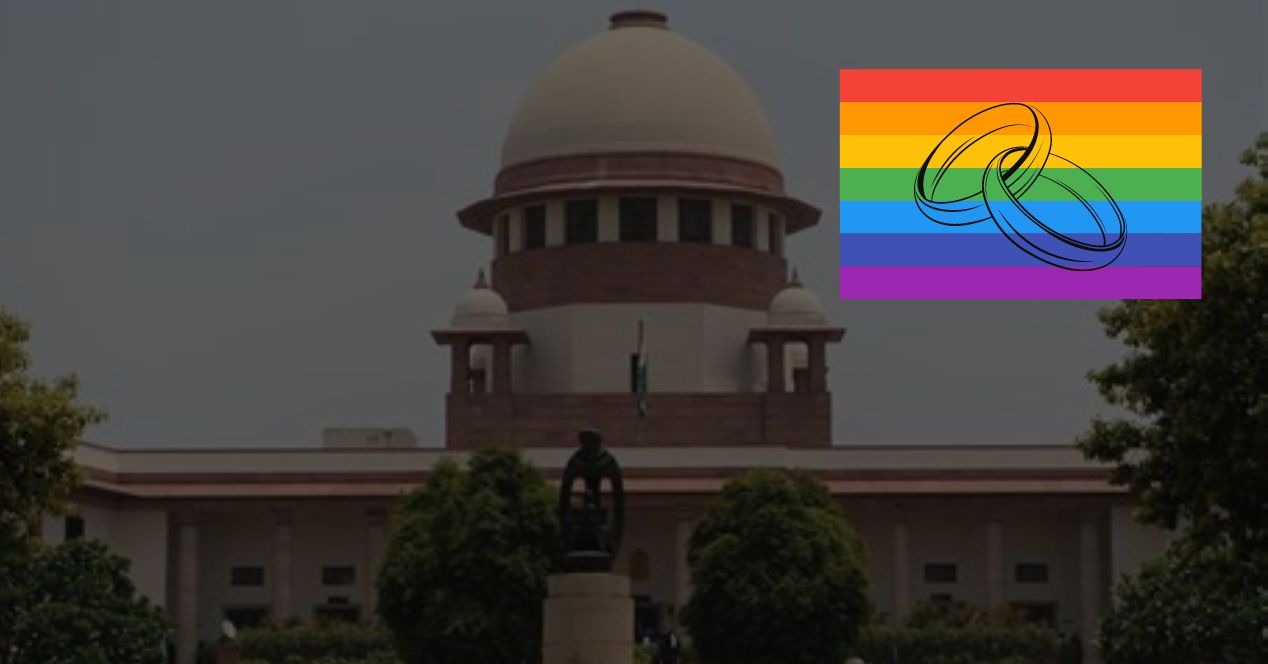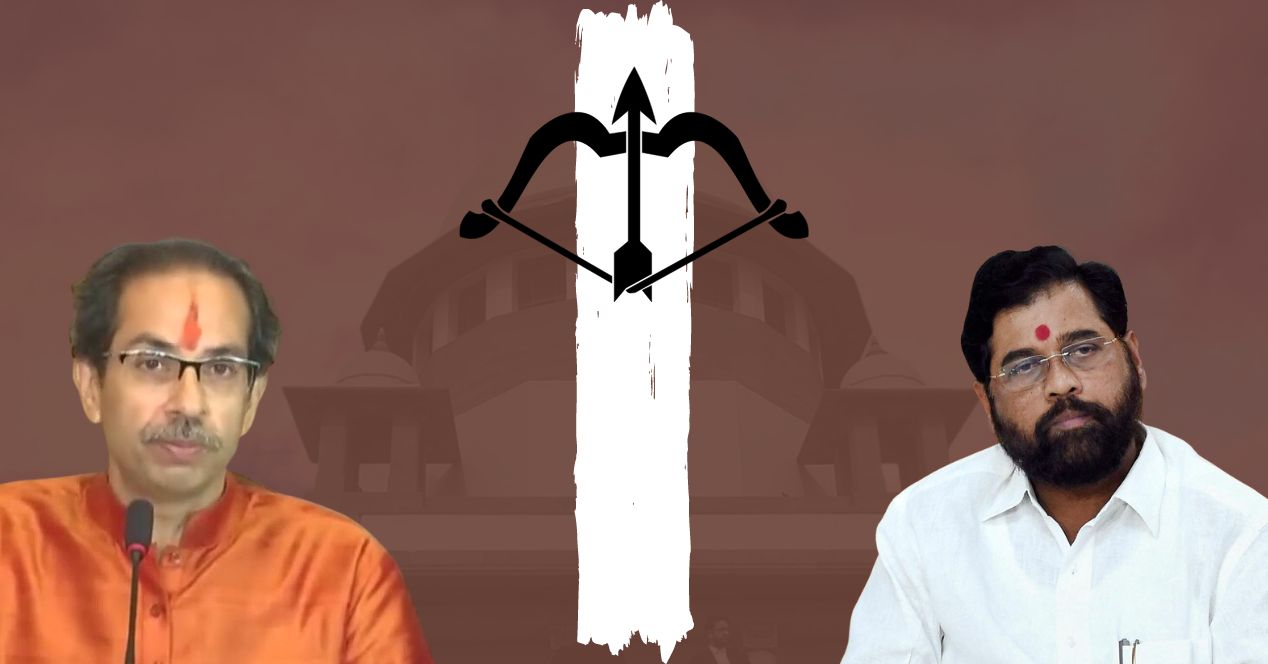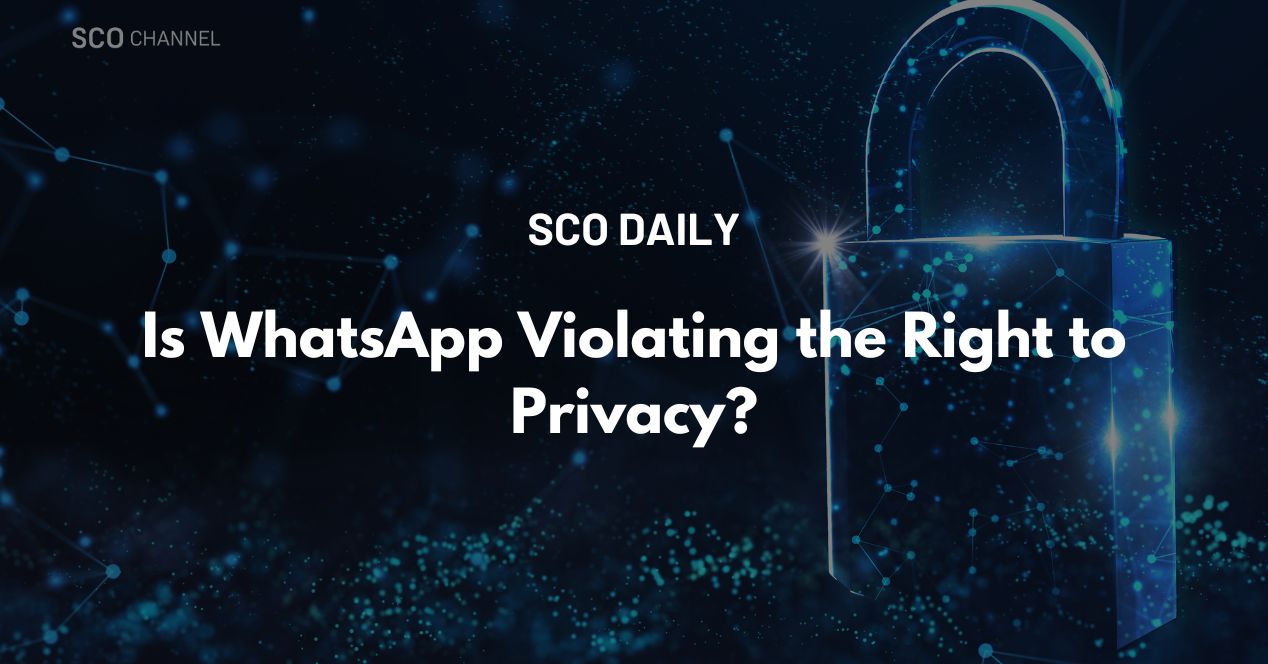Court Data
SC’s Live Transcription Project: A Failed Experiment?
Since the launch of the live transcription project, only 36% of Constitution Bench hearings have been transcribed.

On 21st, February 2023, CJI D.Y. Chandrachud announced that live transcriptions of Constitution Bench proceedings would be published, with the help of Artificial intelligence (AI) on an experimental basis.
The initiative was lauded for its innovation. Justice P.S. Narasimha in his support for the initiative, expressed that it would truly transform the court into a ‘court of record’, where every word and argument would be meticulously recorded and accessible for ‘all times to come.’
After every hearing, copies of the AI-generated transcript will be made available to the lawyers concerned. After they proofread them, the transcripts will be made available on the SC’s official website.
This proposition is promising, but is it practical? How many transcripts have actually been made available so far?
Case-wise Publication of Transcripts
Since the launch of the Live Transcriptions project, the SC has been abuzz with a flurry of Constitution Bench cases. 25 Constitution Bench hearings have been conducted across 4 cases. However, only 9 transcripts have been published so far.
Figure 1 shows the total number of hearings per case and the number of transcripts available for each case.
On April 18th, the proceedings in the plea for marriage equality commenced. The hearings concluded after 10 days of arguments. A total of 6 transcripts are available for this case. This is the most number of transcripts published in any case so far.
The project's inauguration coincided with the first day the Maharashtra MLA Disqualification case was heard on merits by a CJI-led Constitution Bench. As depicted in the graph, 9 days of hearings took place for this case, after which the Bench reserved Judgement. Transcripts are published only for the first 3 days of the hearings.
Immediately after, another Constitution Bench convened to decide if the ‘group of companies doctrine’ was applicable to arbitration cases in India. Five days of arguments followed after which the Bench reserved judgement on April 12th, 2023. More than a month later, no transcripts have been published by the SC.
A Constitution Bench led by Justice K.M. Joseph briefly convened to decide how to proceed further in the challenge to WhatsApp’s privacy policy in India on April 11th. After assurance by the Union that the Digital Data Protection Bill, 2022 will be introduced in Parliament during the monsoon session, the Bench decided to list the case after the SC’s summer vacation. This hearing also has no transcript.
The live transcription project has seen the most success in the marriage equality case with transcripts being published for 60% of the hearings. With 3 out of 9 hearings having transcripts, the Maharashtra MLA disqualification case has seen a 33% rate of success.
The proceedings concerning the group of companies doctrine, and challenge to WhatsApp’s privacy policy have no transcripts.
Month-wise Publication of Transcripts
Figure 2 shows the number of transcripts published each month since February 21st, 2023.
February had a total of 4 Constitution Bench hearings, out of which 3 transcripts have been made available.
March saw a significant setback, as transcripts were not published for any of the 8 Constitution Bench hearings conducted that month.
April saw a glimmer of hope with the marriage equality hearings. Transcripts for the first 3 hearings were promptly uploaded on the very next day of the proceedings.
On May 6th, the transcript for the 7th day of the marriage equality hearings was released. Finally, on May 15th, the transcripts for days 9 and 10 of the marriage equality hearings were published.
Reasons for Delayed Publications
Overall, transcripts are available only for 36% of the Constitution Bench hearings that took place since the launch of the initiative. The reasons for the absence of transcripts can only be speculated. It is possible that the rigorous vetting and proofreading process took time. It may also be because of overlapping or unclear conversations in Court which may make accurate transcriptions difficult to generate.
While the qualitative assessment of the available transcripts is a separate matter, the project has not yet met its quantitative targets. Perhaps a renewed enthusiasm will follow the summer vacation, but if the current trends are any indication, this 'experiment' shows little promise.
(Data as on May 18th, 2023)



